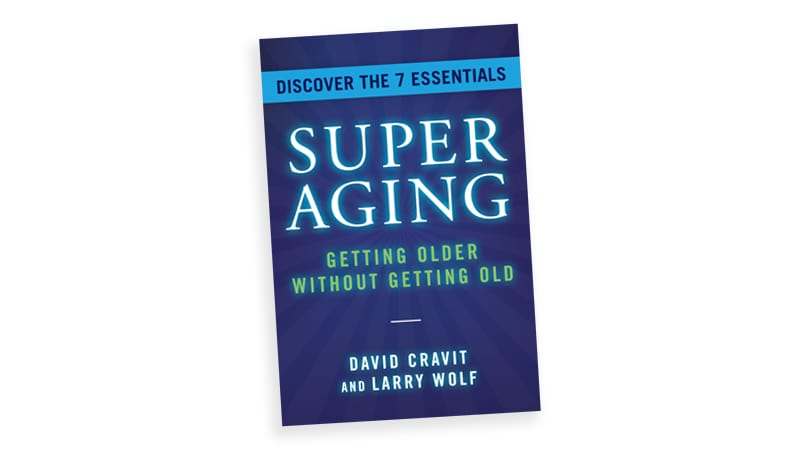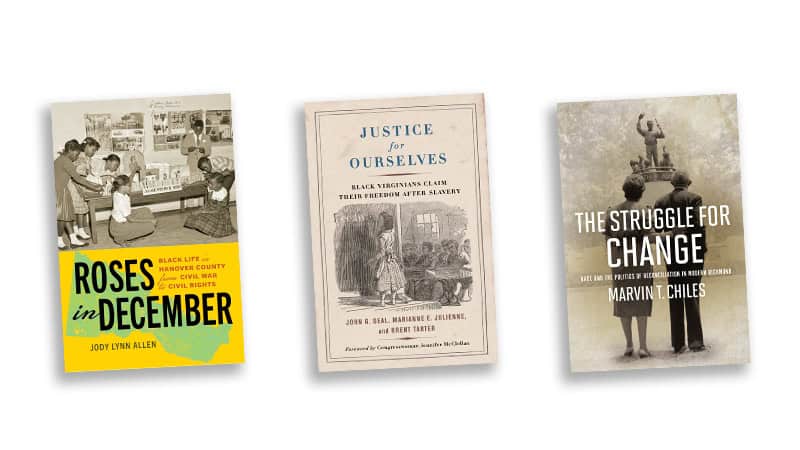How to Be a SuperAger in ‘The SuperAging Revolution’
Excerpt from ‘SuperAging: Getting Older Without Getting Old’

Do you want to be a “SuperAger,” getting the most out of your later decades? David Cravit and Larry Wolf develop the concept in their book, “SuperAging: Getting Older Without Getting Old,” excerpted here.
Of course, we already know that people are living longer. Someone turning 65 today can look forward to at least another 15 years, maybe a lot more. So it’s no longer remarkable seeing people live into their 80s, or even 90s. In fact, the fastest-growing age group in percentage terms is centenarians.
What’s new and different – revolutionary, in fact – is how those “aging years” are being spent. And that comes from a whole new way of looking at what aging is in the first place, along with a radical new way of managing it: SuperAging.
The old way (literally) is what we call DefaultAging. It still dominates healthcare, economics, housing, business, and virtually every aspect of how our society is organized. It sees “old” as a condition that kicks in, almost abruptly, when you reach the traditional retirement age of 65. “Old” means
- You haven’t got much time left (maybe 10–15 years).
- You have worsening physical and mental health, so you can’t do much and society shouldn’t expect much.
- The best you can do, in fact, is to minimize your suffering to achieve a relatively pain-free and dignified glide path to the finish line, which isn’t far away.
- There are no positives, nothing else that “getting older” can bring you once you hit “old.”
But that was before the SuperAging revolution.
We didn’t invent the term “SuperAging.” It has appeared in some articles, on a few websites, and in a handful of book subtitles – usually books on how to live longer. In fact, “longevity” is usually what triggers the phrase: adding years to your life span, living longer than what might have been expected, or certainly, longer than previous generations were able to accomplish.
But we think longevity (and SuperAging) can mean – should mean – much more than that. It’s a totally new way to view what aging actually is: not just mathematically more years, but different years, with dramatically different characteristics. Instead of a relatively short, painful period of decline, aging now becomes a dynamic, positive time of life. Instead of mere survival, there is growth, development, new possibilities, and achievements.
You get older without getting “old”!
And as you get older, you don’t just keep living, you actively pursue new things: you learn, you grow, you experiment, you discover.
- Julia “Hurricane” Hawkins didn’t take up competitive racing until she was 80.
- Sir Tom was already 99 when he thought about his garden laps to raise money.
- Prince Philip had to cut back his busy schedule because of a back problem at 87, but then went on for almost another decade before he “retired.”
- Manfred Steiner started his journey to a physics PhD at the age of 70.
- And as for Senator Grassley, imagine making a decision to run for another six-year term when you’re already 89! He was nominated – he won – and his new term won’t expire until he’s 95.
Each of these people saw their future as a time of continuing activity and achievement, and not merely the defensive management of decline. That’s why all of them exemplify SuperAging.
Are there physical and mental challenges? Obviously. SuperAgers do not disregard the realities of physical decline; if anything, they’re even more motivated than DefaultAgers to learn about and apply every possible technique to mitigate these harmful factors. A magic diet? A new fitness program? There are already many books on these subjects, and SuperAgers are certainly buying them.
But SuperAgers go way beyond those topics. Sure, you want to live longer. And you want to know the latest ideas for achieving that. But it’s precisely because you have a good chance of succeeding that you need the SuperAging mindset.
Think about it this way. If you hit 65, you may well be looking at another 30-plus years (certainly 20-plus years) of life. What are you going to do with that time? Even to pose the question immediately opens up a huge new agenda. Employment or retirement. Learning and discovery. New places to live. New relationships. New challenges and opportunities. New experiences you haven’t had before.
Don’t you want to approach life through this wider lens? Don’t you want to see all the possibilities?
If so, this book is for you.
Excerpt from “SuperAging: Getting Older Without Getting Old“ [pages xii-xv] by David Cravit and Larry Wolf, Copyright © 2023 by David Cravit and Larry Wolf. Reprinted in arrangement with Flashpoint Books, Seattle, WA.


